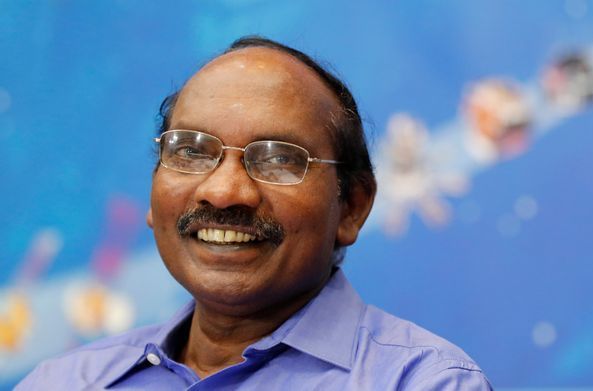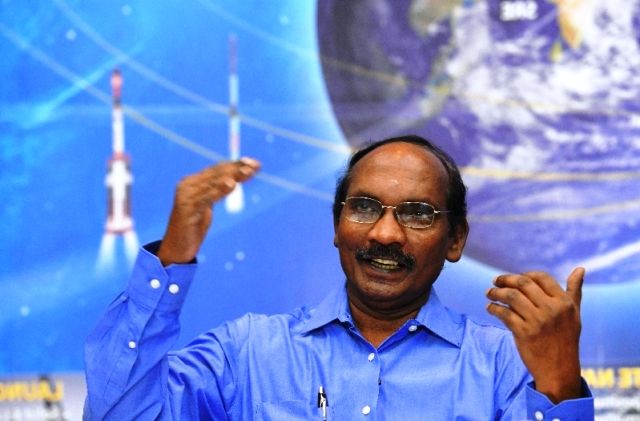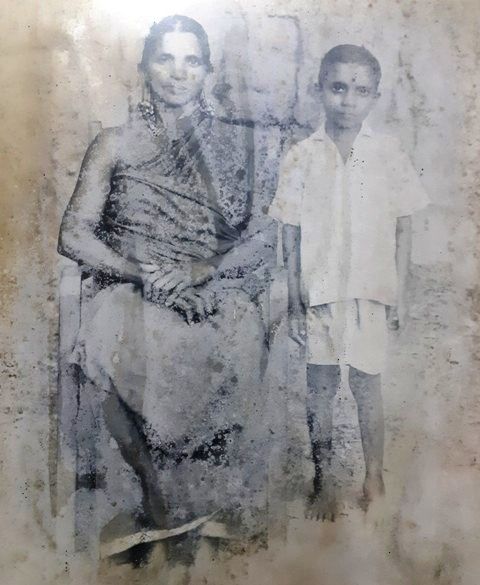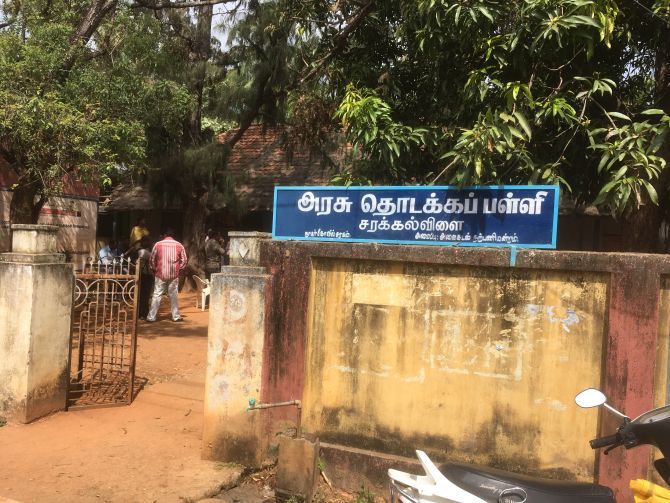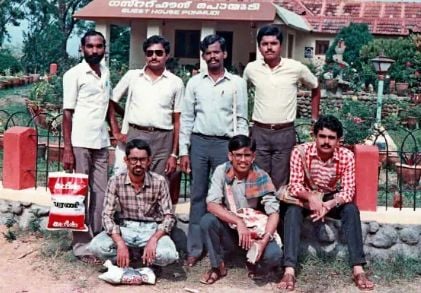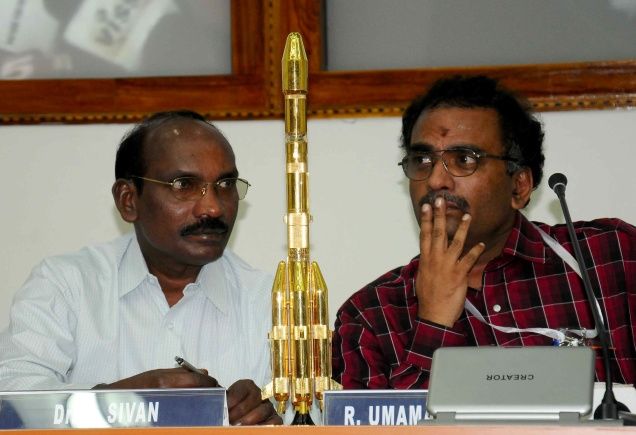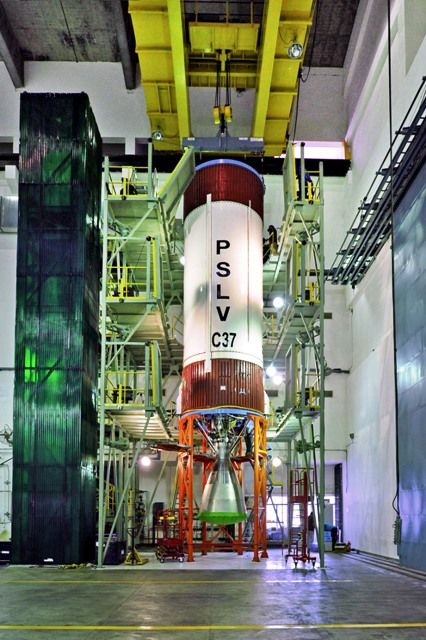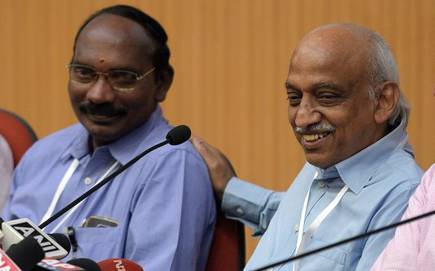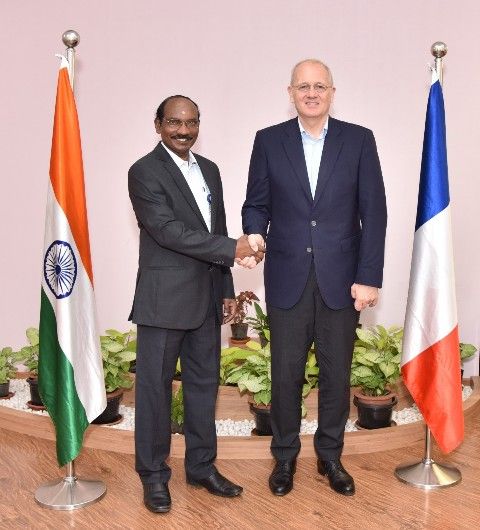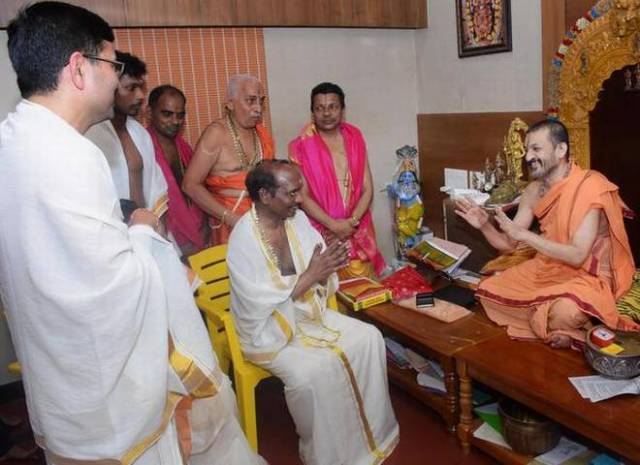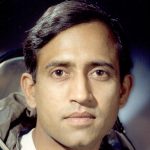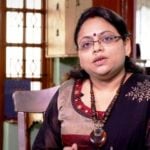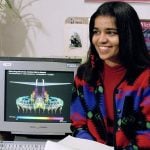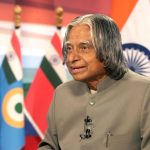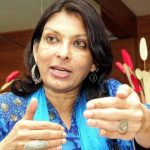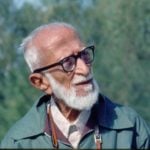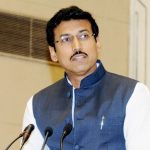K. Sivan (ISRO Chief) Age, Wife, Family, Biography & More
| Bio/Wiki | |
|---|---|
| Full Name | Kailasavadivoo Sivan |
| Name Earned | Rocket Man |
| Profession | Scientist; Chairperson of the Indian Space Research Organisation (ISRO) |
| Career | |
| Major Designation(s) | • Director of the ISRO's Liquid Propulsion Systems Centre (2014) • Director of Vikram Sarabhai Space Centre (2015) • Chief of the ISRO (2018) |
| Awards/Honours | • Dr. Vikram Sarabhai Research Award (1999) • ISRO Merit Award (2007) • Dr. Biren Roy Space Science and/or Design Award (2011) • Distinguished Alumnus Award from the Madras Institute of Technology (MIT) Alumni Association (2013) • Doctor of Science from Satyabhama University, Chennai (2014) • Distinguished Alumnus Award from the Indian Institute of Science, Bangalore (2018) • 'Vigyan Rattan' Award by the Vice-President of India, Venkaiah Naidu (2019) 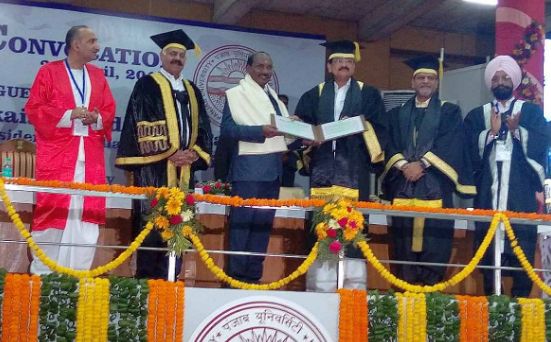 • Dr. A.P.J. Abdul Kalam Award by the Government of Tamil Nadu (2019) 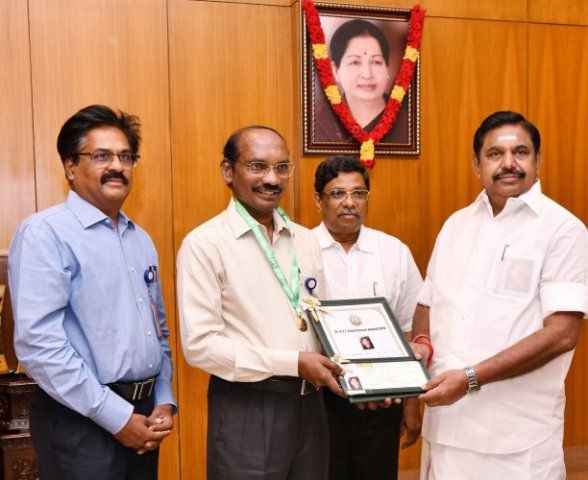 |
| Personal Life | |
| Date of Birth | 14 April 1957 (Sunday) |
| Age (as of 2023) | 66 Years |
| Birthplace | Mela Sarakkalvilai, Kanyakumari, Tamil Nadu, India |
| Zodiac sign | Aries |
| Nationality | Indian |
| Hometown | Kanyakumari, Tamil Nadu, India |
| School | He studied in a Tamil-medium school in Mela Sarakkalvilai and Vallankumaranvilai village in Kanyakumari District, Tamil Nadu, India |
| College/University | • South Travancore Hindu College, Nagercoil, Tamil Nadu, India (Bachelor of Science) • Madras Institute of Technology, Chennai, India (A Bachelor Degree in Engineering in 1980) • Indian Institute of Science, Bangalore, India (A Master Degree in Aerospace Engineering in 1982) • Indian Institute of Technology, Mumbai, India (PhD in Aerospace Engineering in 2007) |
| Educational Qualification(s) | • Masters in Aerospace Engineering • Doctorate in Aerospace Engineering |
| Religion | Hinduism |
| Hobbies | Reading, Travelling, Listening to Tamil Classical Songs, Gardening |
| Relationships & More | |
| Marital Status | Married |
| Family | |
| Wife/Spouse | Malathi Sivan (Homemaker)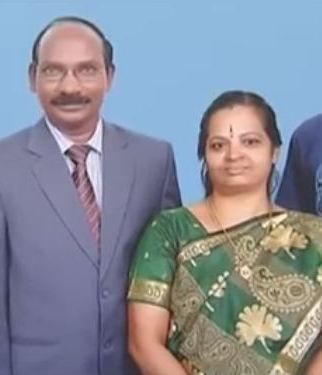 |
| Children | Sons- Sushanth (Engineer), Siddharth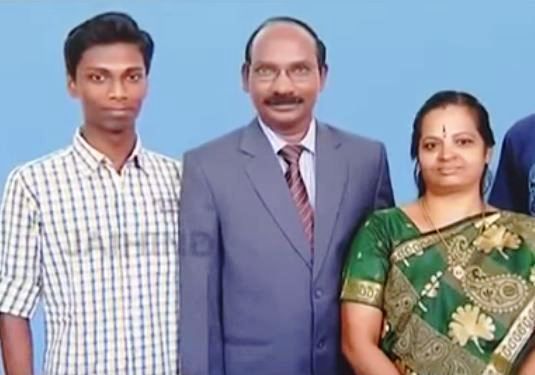 Daughter- None |
| Parents | Father- Kailasavadivoonadar (Farmer) Mother- Chellamall |
| Siblings | Brother- 1 Sisters- 2 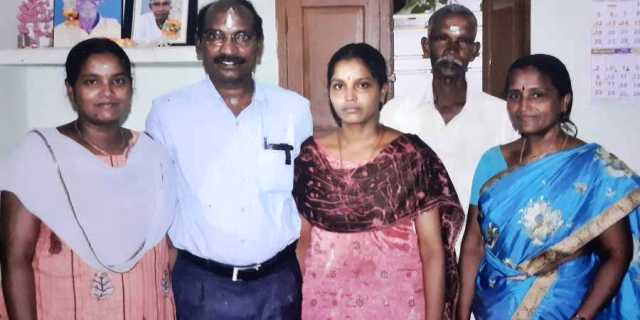 |
| Favourite Things | |
| Favourite Food(s) | Dal-Chawal, South Indian Cuisines |
Some Lesser Known Facts About K. Sivan
- He was born into a poor family. His father, Kailasavadivoonadar was a paddy and mango farmer. Sivan had helped his father in farmlands and used to sell mangoes in the market.
- Due to poor financial conditions of his family, his brother and sisters could not receive higher education.
- His first school was a small Tamil medium school, which was situated very near his home.
- He was a very calm and studious child. According to his uncle, A Shunmugavel, Sivan was very studious and hard-working. He had never received any tuition. He had scored 100% marks in Mathematics in BSc.
- He is the first graduate of his family and his village as well.
- Having known the talent of Sivan, his father sold some part of his land and borrowed some money from others to get Sivan enrolled at the Madras Institute of Technology (MIT).
- According to Sivan, he used to go to school barefoot. Before getting enrolled at the Madras Institute of Technology (MIT), he used to wear ‘dhoti/lungi.’ In MIT, he wore pants for the first time.
- After joining the ISRO in 1982, Sivan participated in the PSLV (Polar Satellite Launch Vehicle) Mission. He was entrusted with contributing to end-to-end planning, design, integration, and analysis.
- He was given a nickname, ‘Rocket Man’ for developing cryogenic engines for India’s space programs. He also enabled rockets to be launched under different weather and wind conditions.
- He is known as a specialist of 6D trajectory simulation software, which helps predefine the path of the trajectory.
- In 2011, Sivan joined GSLV (Geosynchronous Satellite Launch Vehicle) project. He has also contributed to the Reusable launch vehicle project.
- Since 1982, Sivan has been the part of almost all rocket programs.
- On 15 January 2018, he assumed the charge of the chairperson of the ISRO; having replaced A. S. Kiran Kumar.
- Under his chairmanship, the ISRO launched its second lunar exploration mission, “Chandrayaan 2” on 22 July 2019.
- After the launch of Chandrayaan 2, he along with whole ISRO team was congratulated by the Indian Prime Minister, Narendra Modi, Presidents of other Space Agencies of the world, and many other renowned personalities.
- Before landing on the moon’s surface, Lander Vikram had lost its communication. Thereafter, the Prime Minister, Narendra Modi motivated and addressed the scientists of the ISRO. While meeting with the Prime Minister, Sivan got emotional and broke down in tears. Narendra Modi hugged and consoled him.
#WATCH PM Narendra Modi hugged and consoled ISRO Chief K Sivan after he(Sivan) broke down. #Chandrayaan2 pic.twitter.com/R1d0C4LjAh
— ANI (@ANI) September 7, 2019
- Sivan is a very religious person. He regularly visits temples. Before the Chandrayan 2 mission, he offered his prayer at Udupi Krishna mutt in Karnataka.
- While talking about his life story during a convocation ceremony at the National Institute of Technology in Goa in October 2023, Sivan mentioned that he initially wanted to become a teacher. He revealed that he tried getting a job at ISRO’s Satellite Center after completing a master’s degree; however, he was turned away and labelled “useless.” [1]DNA At the event, Sivan said,
I was told in the satellite center of ISRO – you are of no use and you cannot get a job… get out of here. Later, I became the president of the same institute. I did not get a job in the satellite centre, but I did get a job in the rocket centre.”
Sivan further talked about the GSLV project and said that when he became its director, his friends and colleagues offered sympathy instead of congratulations. He said,
When I became the director of the GSLV project, all my friends and colleagues were sympathizing with me instead of congratulating me. They said that you were a fool to accept this offer, but I stuck to my belief and made GSLV project successful.”
References/Sources:

